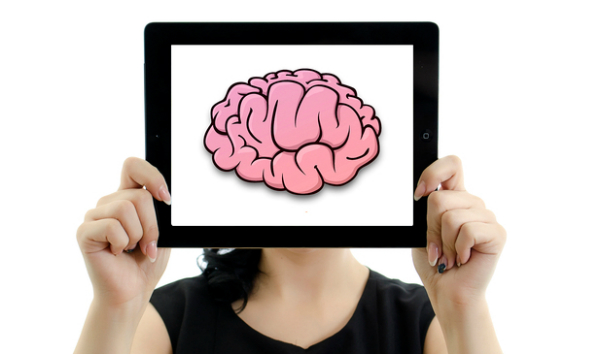
Women go through many seasons of change in their lives. They get married. They have children. They climb the corporate ladder. They deal with teenage angst. They watch their children leave for college or get married. Most of these changes are predictable, coming with the expected joys and challenges. However, during mid-life, many women feel like they’ve been thrown off course and it’s all because of menopause.
Many of the symptoms and side effects of menopause are unexpected. Sure, most women have heard about hot flashes, but they didn’t know they would feel this bad. Many women are surprised when they have difficulty sleeping or “getting in the mood” with their husbands. Even worse, most women don’t realize that menopause presents some serious health concerns.
Most of these menopause-related health issues are due to fluctuating hormones. Those pesky hormones are a lot more powerful than most women imagine. They influence everything from the bones to the heart. Read below to learn the top two ways hormones influence the body after menopause and see how women can stay healthy during the post-menopausal years.
#1: Osteoporosis
Picture this: a hunched over elderly woman who looks like she can’t sit up straight. Although this scenario is sometimes an unfair stereotype regarding older women, the main point is true: women’s bones weaken as they get older. This weakened, hunched over appearance is due to osteoporosis. The condition refers to the deterioration of bones and women are most susceptible during menopause and the years that follow.
Men and women of all ages can be subject to osteoporosis, but menopausal women have two reasons to worry: bones naturally start to weaken when a woman is in her 40s and the drop of estrogen during menopause causes bone breakdown to rapidly outpace bone building.
Don’t worry—not all women are doomed to become brittle-boned! There are several easy and natural ways to prevent osteoporosis. Try doing weight-bearing exercises at least three times each week, taking in at least 1,200 milligrams of calcium per day, going outside for at least 10 minutes daily to soak up the “sunshine vitamin” (vitamin D), and stop using tobacco products.
#2: Heart Disease
When it comes to cardiovascular health, women have bragging rights. It’s true—women have a lower risk of heart problems than men do. But, that decreased risk only lasts up to a certain age. Once a woman hits menopause, her risk of cardiovascular complications goes up drastically. In fact, a post-menopausal woman is twice as likely to develop coronary heart disease as a woman her same age who has not yet gone through menopause.
Just like osteoporosis, estrogen is at play here. The hormone helps to prevent plaque from building up in the blood vessels and provides a level of protection for the entire cardiovascular system. This is wonderful for women during their reproductive years—they’re protecting their heart without even knowing it! But once menopause hits, the hormones decrease and women need to pay special attention to their heart health.
During the premenopausal years, women should speak with their doctors about potential cardiovascular risk factors. This includes things like smoking, family history, lack of exercise, obesity, high blood pressure, and many other health criteria. By evaluating the risk factors early, women have a few years to implement healthy lifestyle habits before they get into the full swing of menopause.
If you think you’re at risk for osteoporosis or heart disease, please speak with your doctor as soon as possible. In addition to lifestyle changes, doctors may recommend several medications to boost bone health or protect the heart. Possible medications include hormone therapy and supplemental estrogen. These types of prescription drugs have been extremely controversial in the past. Be sure to speak with your doctor regarding the comprehensive risks and benefits of any medical treatment for heart disease or osteoporosis.
Enjoyed this article? Trying reading these as well . . .
Perimenopause: The Change Before “The Change”
What Causes Hot Flashes? Ask Your Brain
Hot Tips For Menopausal Women with Hot Flashes

